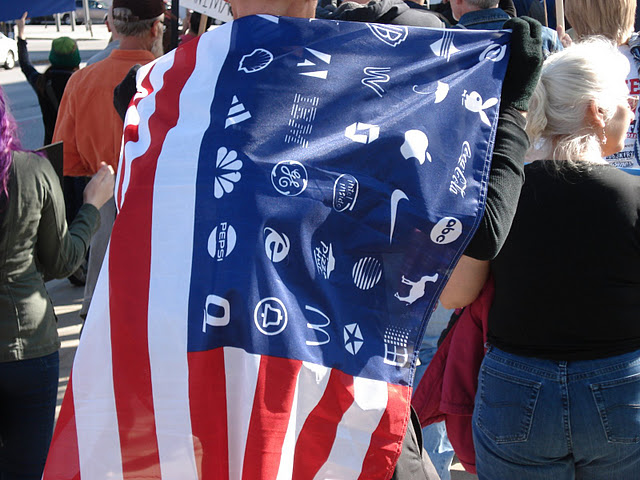The War for the Truth-Decision 2012
This is the third article in a series of three (here are the first and second) which are based upon a recent revealing piece published by truthout.org where Mike Lofgren, a veteran Republican operative on the Republican staffs of the US House and Senate Budget Committees reveals what lies at the core of contemporary American Republicanism and why he quit after 28 years of service. Mr. Lofgren writes:
To those millions of Americans who have finally begun paying attention to politics and watched with exasperation the tragicomedy of the debt ceiling extension, it may have come as a shock that the Republican Party is so full of lunatics. To be sure, the party, like any political party on earth, has always had its share of crackpots, like Robert K. Dornan or William E. Dannemeyer. But the crackpot outliers of two decades ago have become the vital center today: Steve King, Michele Bachman (now a leading presidential candidate as well), Paul Broun, Patrick McHenry, Virginia Foxx, Louie Gohmert, Allen West. The Congressional directory now reads like a casebook of lunacy.
… I wrote of the current tactics of the Republicans, especially in the US House of Representatives on the debt ceiling “crisis." Mr. Lofgren continues: [More . . . ]
